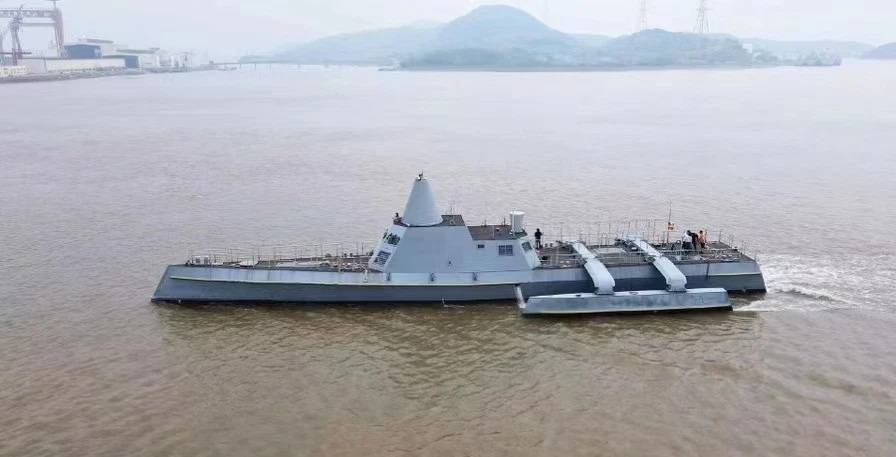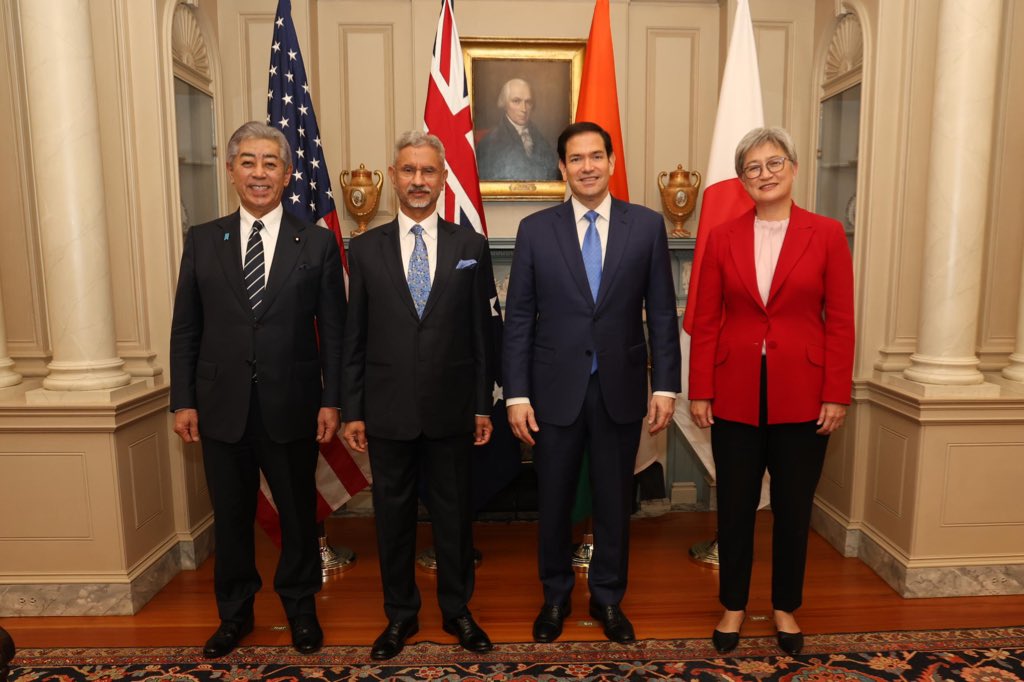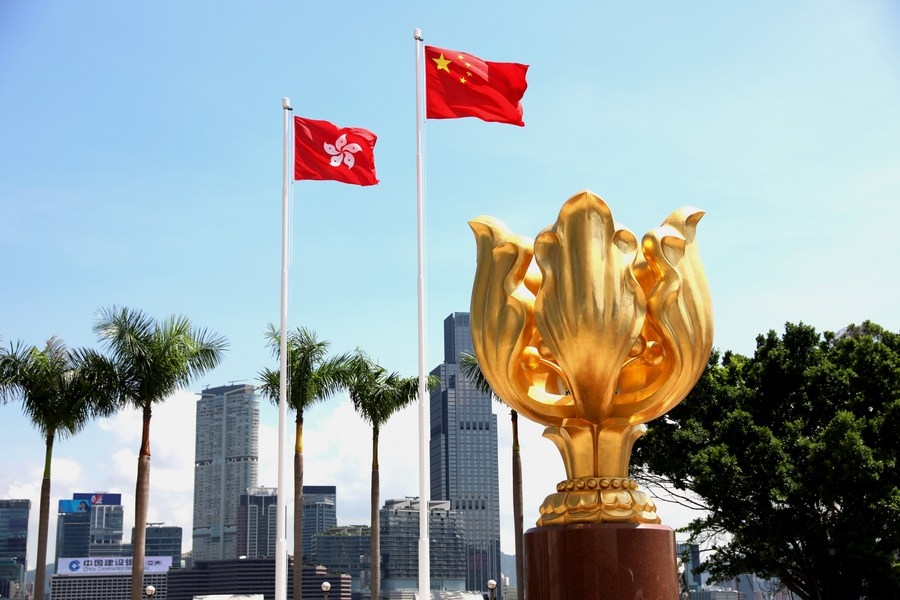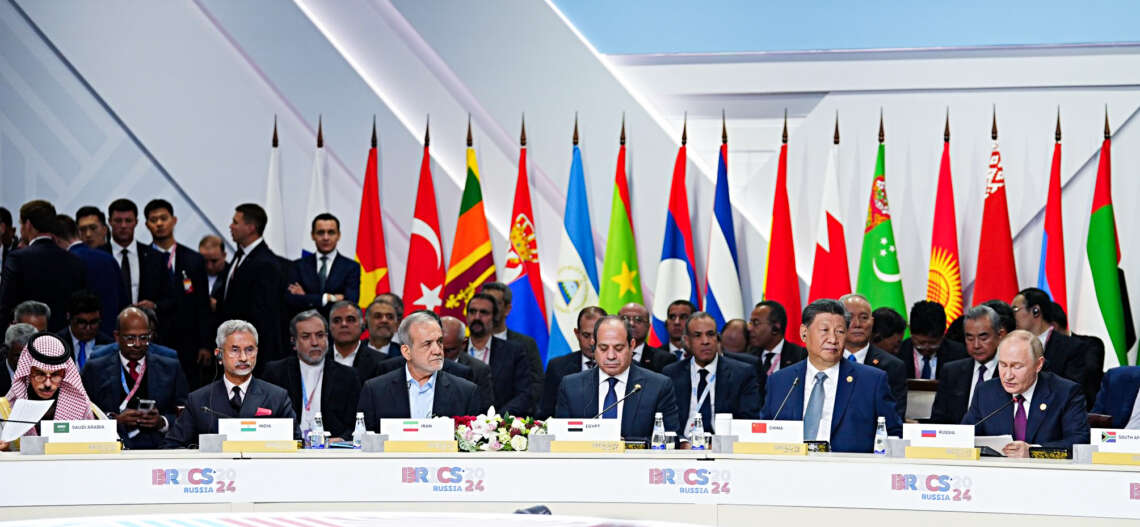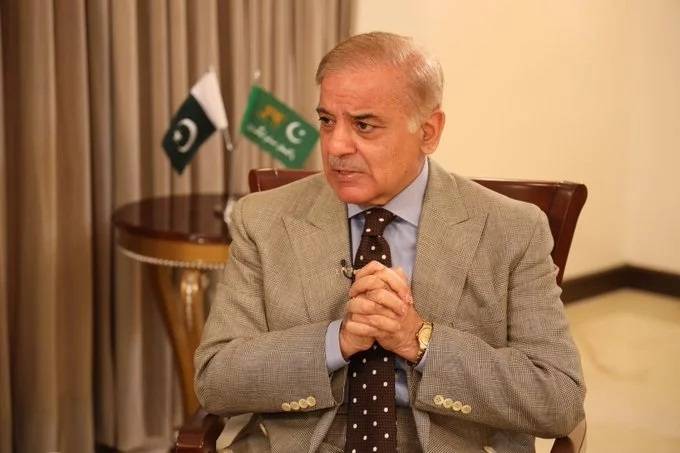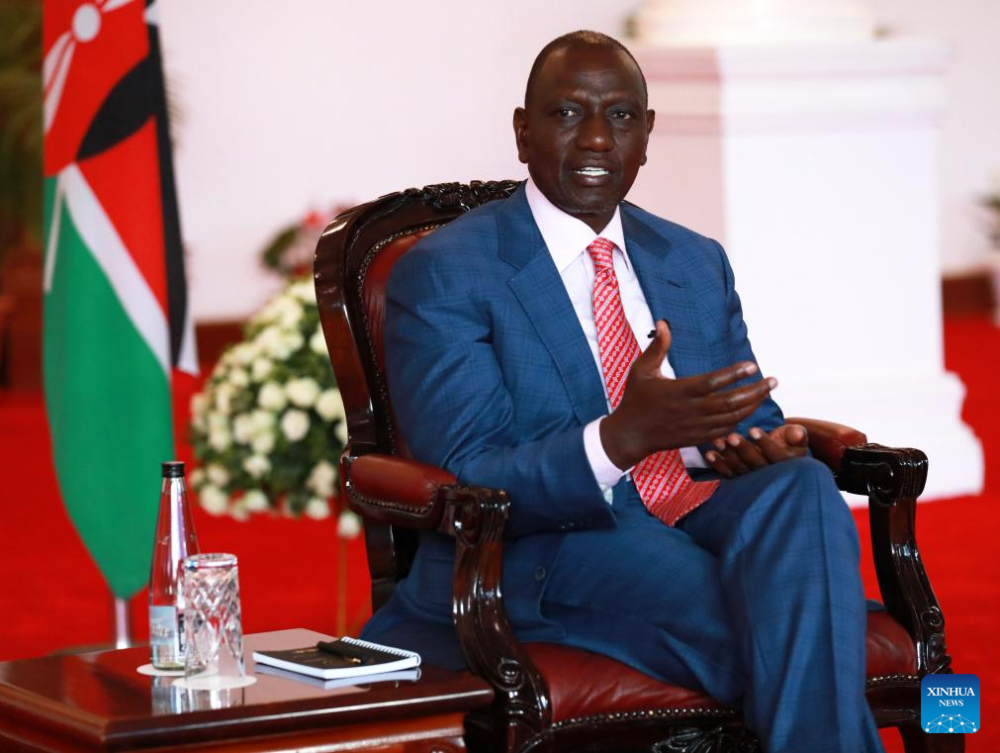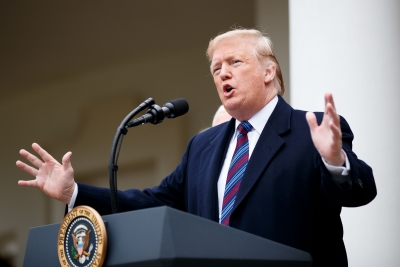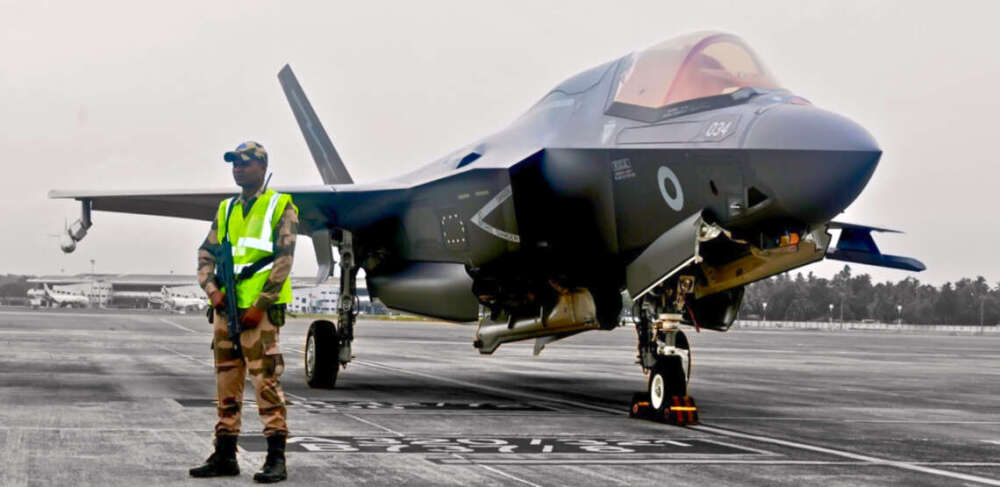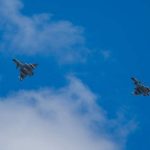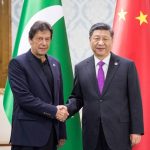It stated that spending also rose among other major regional powers: by 0.9 per cent in India, 7.3 per cent in Japan and 4.7 per cent in South Korea….reports Asian Lite News
China is in the middle of a significant modernisation and expansion of its nuclear arsenal, which satellite images indicate includes the “construction of over 300 new missile silos”, the latest findings released by the Stockholm International Peace Research Institute (SIPRI) in its annual yearbook have revealed.
Established in 1966, SIPRI is an independent international institute dedicated to research into conflict, armaments, arms control and disarmament. It provides data, analysis and recommendations, based on open sources, to policymakers, researchers, media and the interested public.
The SIPRI Yearbook 2022 released on Monday, which assesses the current state of armaments, disarmament and international security, says that Beijing’s estimated military spending of $293 billion, the second largest in the world in 2021, was a 4.7 per cent increase from 2020.
As a part of China’s substantial expansion of its nuclear weapon arsenal, several additional nuclear warheads are thought to have been assigned to operational forces in 2021 following the delivery of new mobile launchers and a nuclear-powered attack submarine (SSN), the yearbook reveals.
“Even though SIPRI’s estimate of China’s total inventory is the same as for January 2021, the number of stockpiled warheads potentially available for use has changed because new launchers became operational during 2021,” mentions the Swedish institute.
It stated that spending also rose among other major regional powers: by 0.9 per cent in India, 7.3 per cent in Japan and 4.7 per cent in South Korea.
The SIPRI experts acknowledged that despite a marginal decrease in the number of nuclear warheads in 2021, global nuclear arsenals are expected to grow over the coming decade as countries continue to modernize.
Russia and the US together continue to possess over 90 per cent of all nuclear weapons. The institute’s specialists said that other seven nuclear-armed states are either developing or deploying new weapon systems, or have announced their intention to do so.
“The nine nuclear-armed states — the United States, Russia, the United Kingdom, France, China, India, Pakistan, Israel and the Democratic Peoples Republic of Korea (North Korea) — continue to modernise their nuclear arsenals and although the total number of nuclear weapons declined slightly between January 2021 and January 2022, the number will probably increase in the next decade,” details the SIPRI Yearbook.
Releasing fresh figures, it said that of the total inventory of an estimated 12,705 warheads at the start of 2022, about 9440 were in military stockpiles for potential use. Of those, an estimated 3732 warheads were deployed with missiles and aircraft, and around 2000, nearly all of which belonged to Russia or the US, were kept in a state of high operational alert.
“All of the nuclear-armed states are increasing or upgrading their arsenals and most are sharpening nuclear rhetoric and the role nuclear weapons play in their military strategies. This is a very worrying trend,” said Wilfred Wan, Director of SIPRI’s Weapons of Mass Destruction Programme.
At the start of this year, leaders of the P5 nuclear-armed permanent members of the United Nations Security Council (China, France, Russia, the UK and the US) had issued a joint statement on ‘Preventing nuclear war and avoiding arms races’.
In the January 3 joint statement, they affirmed that a nuclear war “cannot be won and must never be fought” and nuclear use would have far-reaching consequences. Asserting “strongly” that the further spread of such weapons must be prevented, the five countries had pledged that nuclear weapons, for as long as they continue to exist, should serve defensive purposes, deter aggression, and prevent war.
However, SIPRI believes that in spite of the assurances, all P5 members continue to expand or modernize their nuclear arsenals and appear to be “increasing the salience” of nuclear weapons in their military strategies.
“Relations between the world’s great powers have deteriorated further at a time when humanity and the planet face an array of profound and pressing common challenges that can only be addressed by international cooperation,” said Stefan Lofven, Chair of the SIPRI Governing Board.
(The content is being carried under an arrangement with indianarrative.com)


